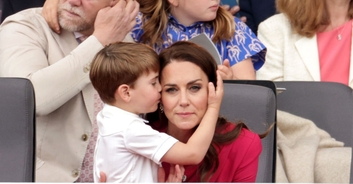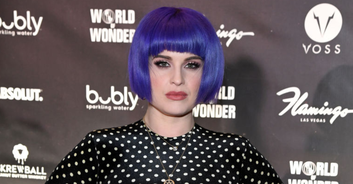After Anthony Bourdain died by suicide on June 8 in France, he left many unanswered questions for loved ones, colleagues, and fans around the world. Today, results of the toxicology tests performed on the chef's body reveal a key answer.
A close friend and colleague Eric Ripert, also the chef of Le Bernardin in New York, discovered Bourdain unresponsive in France following his death. Bourdain, who was 61 had been in the village filming his CNN show Parts Unknown.
There has been speculation about what caused him to take his life and what Bourdain had done or taken to do so, but a toxicology report has recently been released which shines further light on the matter, and reveals in greater detail Anthony Bourdain's state of mind when he tragically decided to take his own life.
A French judicial official spoke to the The New York Times, and revealed that Bourdain did not have narcotics in his body when he died. The Times reports that there was only a “trace of a nonnarcotic medicine in a therapeutic dose” found in his body at the time of his death, though his previous problems with addiction were well known - with Anthony Bourdain himself often speaking of his struggles.
"Police at the time ruled his death a suicide by hanging. From an investigative standpoint, the only question left was whether he had any substances in his body," The Times noted in their report. "There were none, save for the trace of a nonnarcotic medicine in a therapeutic dose, Christian de Rocquigny, the local prosecutor in charge of the investigation, said in a text message to The New York Times."
The New York chef, author and television correspondent's death shook fans across the world. Bourdain was found dead in a hotel bathroom in Kaysersberg, a small village in the Alsace region of France.
On the night of his death, Bourdain had skipped dinner the evening before his body was discovered. When he did not arrive for breakfast with Mr. Ripert the next morning, a receptionist went into his room and found his body.
The celebrity chef was cremated in France and his remains and travel belongings were sent to his younger brother and only sibling, Christopher. The family will likely have a small, private ceremony of some kind, said Gladys Bourdain, his mother. “He would want as little fuss as possible,” she said.
Ms. Bourdain, a former editor at The New York Times, said she planned to get “Tony” tattooed in small letters on the inside of her wrist next week as a personal memorial to her son. She said she was never a fan of Mr. Bourdain’s tattoos, which chronicled his culinary journeys. But she plans to use his tattoo artist. It will be her only tattoo and a fitting way to remember the prolific man.












